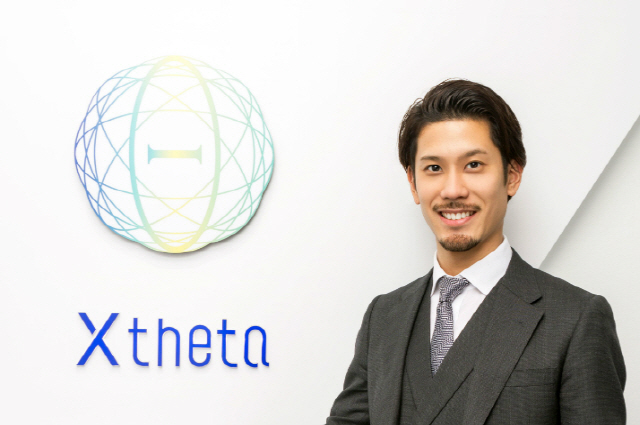
It is Japan that adopted the registration system for cryptocurrency exchanges for the first time in the world. So far, 15 exchanges have received approval from the Japanese government, and 160 others are waiting in line. In an interview with Decenter Thursday, Koji Muto, CEO of Xtheta, said, “The tougher registration system shows Japan’s style well. That’s why confidence in tokens listed on the exchange is high in Japan.” Xtheta, one of registered exchanges in Japan, was established in May 2017.
Japan’s Financial Services Agency (FSA) on Wednesday permitted the Japan Virtual Currency Exchange Association to police and sanction exchanges for any violations. In fact, Japanese authorities granted the cryptocurrency industry self-regulatory status. Now the association can draft binding safety regulations and guidelines and have authority to supervise members directly.
Japan’s fast move on self-regulation has much to do with growing pains of the Japanese cryptocurrency industry. A good number of people in Japan, which adopted the registration system last year, invested massively when cryptocurrency prices remained high. “The government’s granting of confidence in crypto exchanges triggered excessive investments,” Muto said. But cryptocurrency prices have crashed and are still failing to return to what they used to be earlier this year.
The hacking incident involving a cryptocurrency exchange called Coincheck has sprinkled cold water. “It was in January that a cryptocurrency exchange was registered finally. Items to be reviewed for registration have increased four times since September and this is comparable to what is required when establishing banks and securities companies,” Muto said, adding that several exchanges gave up after pushing for registration.
Now the Japanese crypto exchange association is working on guidelines, including listing requirements for cryptocurrencies. Muto said, “The finalized guidelines will be those of the self-regulatory agency after getting approval from the FSA. These will become the government’s de facto standards.”
After the guidelines are released, tokens could continue to list on Japanese cryptocurrency exchanges. At present, Japanese mainly invest in major cryptocurrencies because there is no listing of new cryptocurrencies. Some of them buy and sell various cryptocurrencies in overseas exchanges but their numbers are limited. “Exchanges in Japan will ready themselves for token listing once guidelines come out,” Muto said.
How could Korea build its industrial ecosystem at a time when there are no clear guidelines on crypto exchanges yet. “It’s very important for government officials and cryptocurremcy experts at home and abroad to exchange opinions. These activities have a great impact on the speed at which the cryptocurrency industry grows,” Muto said. “There must be regulations that don’t kill the potential of cryptocurrencies and simultaneously prevent such side effects as money laundering and abuse of funds for terrorism. Too stringent regulations will destroy the growth potential of the blockchain industry.”
Muto will deliver a speech Oct. 30 during the “Fuze 2018,” the main event of the ABF in Seoul to be hosted by Seoul City. He will speak on “Strategies of exchanges in Japan based on Japanese government policies.”
/Doobo Shim Reporter shim@decenter.kr
- Doobo Shim Reporter






![[단독] 원화 스테이블코인 '은행·테크 연합군' 먼저 허용](https://newsimg.sedaily.com/2026/01/05/2K76OYC7PZ_6_s.png)
![[단독]원화코인 안정성에 방점…거래소 해킹땐 매출액 10% 과징금](https://newsimg.sedaily.com/2026/01/05/2K76PLTEBG_2_s.jpg)

![비트코인 9만1000달러 안착…투자심리 3달만에 '중립' 전환 [디센터 시황]](https://newsimg.sedaily.com/2026/01/05/2K76N550Z6_1_s.png)

![비트코인 아냐…한국인이 가장 사랑한 '이 코인'은 [코주부]](https://newsimg.sedaily.com/2026/01/02/2K75A56SQI_3_s.jpg)

![비트코인 8만8천달러 박스권…"연말 반등" vs "추가 조정" [디센터 시황]](https://newsimg.sedaily.com/2025/12/22/2H1TU3YMBP_1_s.png)
![비트코인 8만 7000달러대 강세…리밸런싱 수요 주목[디센터 시황]](https://newsimg.sedaily.com/2025/12/17/2H1RJLO6GV_1_s.png)







